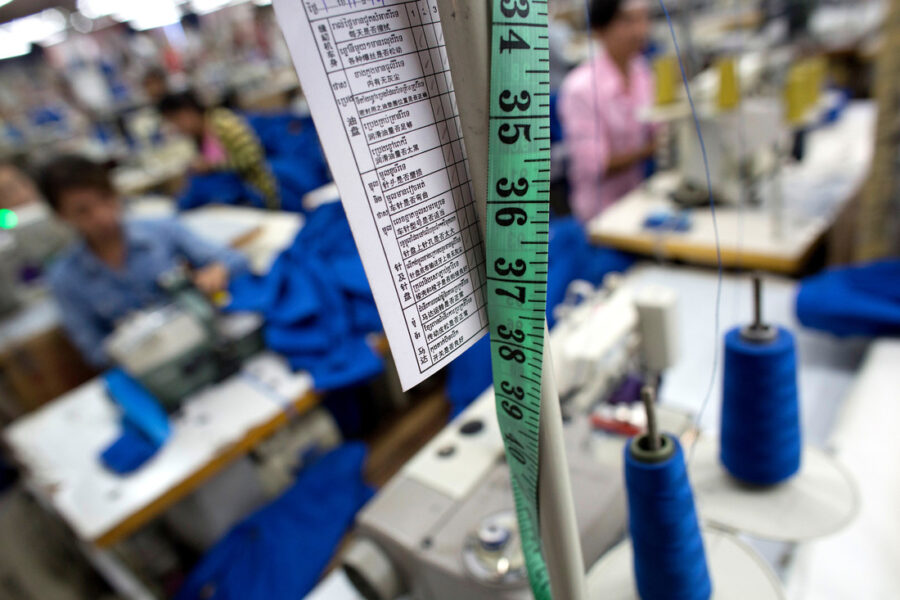Women are central to Cambodia’s economic growth, especially through their employment in the garment industry. More than 600,000 Cambodian women work in the garment industry, many of them having migrated from their home provinces in search of work.
Over the last 20 years, Cambodia’s garment industry has grown 250 times to over USD $5 billion, almost a third of Cambodia’s national GDP. In an industry so dependent on women’s labour, sexual harassment is a major human rights concern, with nearly one in three women reporting experiencing sexually harassing behaviours in the workplace.
CARE Australia has almost 20 years of experience working with the garment industry in Cambodia and has recently undertaken an industry-wide study into the prevalence and economic cost of sexual harassment in the industry. The study was intended to highlight the costs to employers of insufficient protections against sexual harassment in the workplace, and highlight the need to create a safe and respectful environment for all its employees.
Collecting responses from over 1,287 people (both men and women) across 52 factories, the research suggests that the indirect costs of sexual harassment through reduced productivity, revenue loss, and missed days of work add up to an estimated USD $89 million per year.
The results demonstrate that not only is sexual harassment a serious issue for women workers in the Cambodian garment industry, but that it is associated with considerable costs to the factories themselves. CARE is using this data to help employers work jointly with CARE’s initiatives to promote harassment-free environments.
Additionally, CARE is working with the government to achieve better legal protections against sexual harassment, and investing in support programs, and is using the report’s data to help employers work jointly with CARE’s initiatives to promote harassment-free environments.
A workplace sexual harassment prevention package for garment factories has been developed in consultation with factory management, offering employers the ability to change the behaviour of their workers through films, posters, and interactive training.
Read the full report or learn more about CARE’s work in Cambodia.

